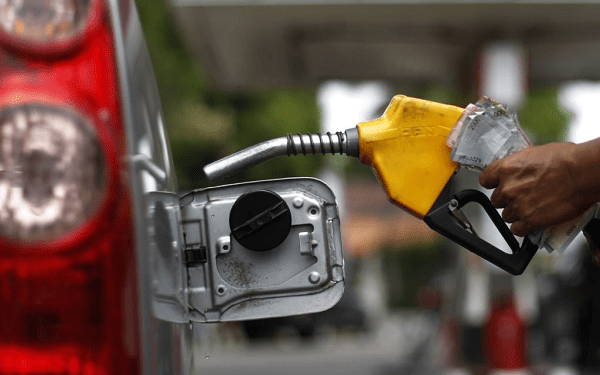Subsidy removal buys breathing space for debt-ridden Nigeria
Nigeria has one less reason to grow its ballooning debt stock after last week’s move to abandon costly petrol subsidies that would have drained $12.9 billion (N6 trillion) from state finances this year.
Cash-strapped and with little room to sustain its explosive debt appetite, Nigeria faced a deeper fiscal crisis if the subsidy program didn’t end soon.
Public debt has grown more than six-fold since 2015 with servicing costs consuming about 80 percent of government income last year.
The IMF projects the country may spend more on servicing its loans than it raises in revenue by 2026 without reforms to boost revenues.
The subsidy programme, which gulped $10 billion last year alone, has contributed to a gaping annual budget deficit every year, dwarfed critical spending on healthcare, education and infrastructure, and has left public finances in tatters.
“In all, the adjustment to the subsidy is a fiscal positive,” Razia Khan, managing director & chief economist, Africa and Middle East at Standard Chartered Bank, said in an email response to BusinessDay.
“It lessens the amount of deficit spending which contributes to future debt accumulation.
To the extent that it also boosts inflation in the near-term, it helps to inflate away the value of the existing, accumulated debt stock,” Khan said.
Nigeria’s 2023 budget has a deficit of N11.34 trillion, with debt service costs of N6 trillion representing 31 percent of the budget.
The budget deficit has exceeded four percent every year since 2020 and will probably soar above 5 percent of GDP this year, the highest since 1999.
Several emerging economies are battling higher budget deficits in the wake of the COVID-19 pandemic and Russia Ukraine war, but Nigeria’s case is different.
Critics say the deficit is being fueled by wasteful government expenditure like the now abolished petrol subsidy and the expenses of an over-bloated civil service.
The last time Nigeria’s fiscal deficit exceeded 4 percent was in 1999 when the government opened the taps on infrastructure spending to give the economy a boost after years of military rule.
That year, the government spent more on capital expenditure (N498bn) than recurrent expenditure (N449bn). The actual deficit amounted to only N285 billion even though it was 5.2 percent of GDP.
Fast forward to every year since 2020 and the government now spends about 4 times more on recurrent expenditure than on capital expenditure. That means most of the borrowings is used to fund the recurrent component of the budget rather than capital projects.
Patience Oniha, the director-general of the Debt Management Office (DMO), the government agency responsible for raising debt on behalf of the government, had long pleaded with her employers to ditch the costly subsidy practice.
“One issue to be addressed is the petrol subsidy which has significantly increased annual budget deficits and ultimately, increased the level of new borrowings and the public debt stock,” Oniha said at a press conference before the subsidy removal.
The subsidy removal, which has triggered a doubling in the price of petrol in Nigeria, is painful for many Nigerians who have long enjoyed cheap petrol.
It was always going to be politically difficult to scrap the popular practice that’s used by residents and small businesses in Africa’s most populous nation to run cars and power generators in the energy-deficient country.
Former President Muhammadu Buhari resisted pressure from the World Bank and International Monetary Fund to end the payments. Instead, he passed the task to the next president.
All three leading candidates at Nigeria’s pivotal presidential elections in February vowed to end the subsidy during their campaigns, in a sign that time was truly up for the wasteful practice.
In his election manifesto, 70-year-old Bola Tinubu, who clinched victory at the poll, pledged to end the subsidies and use the money to fund health and education programs, as well as infrastructure and social-welfare projects.








